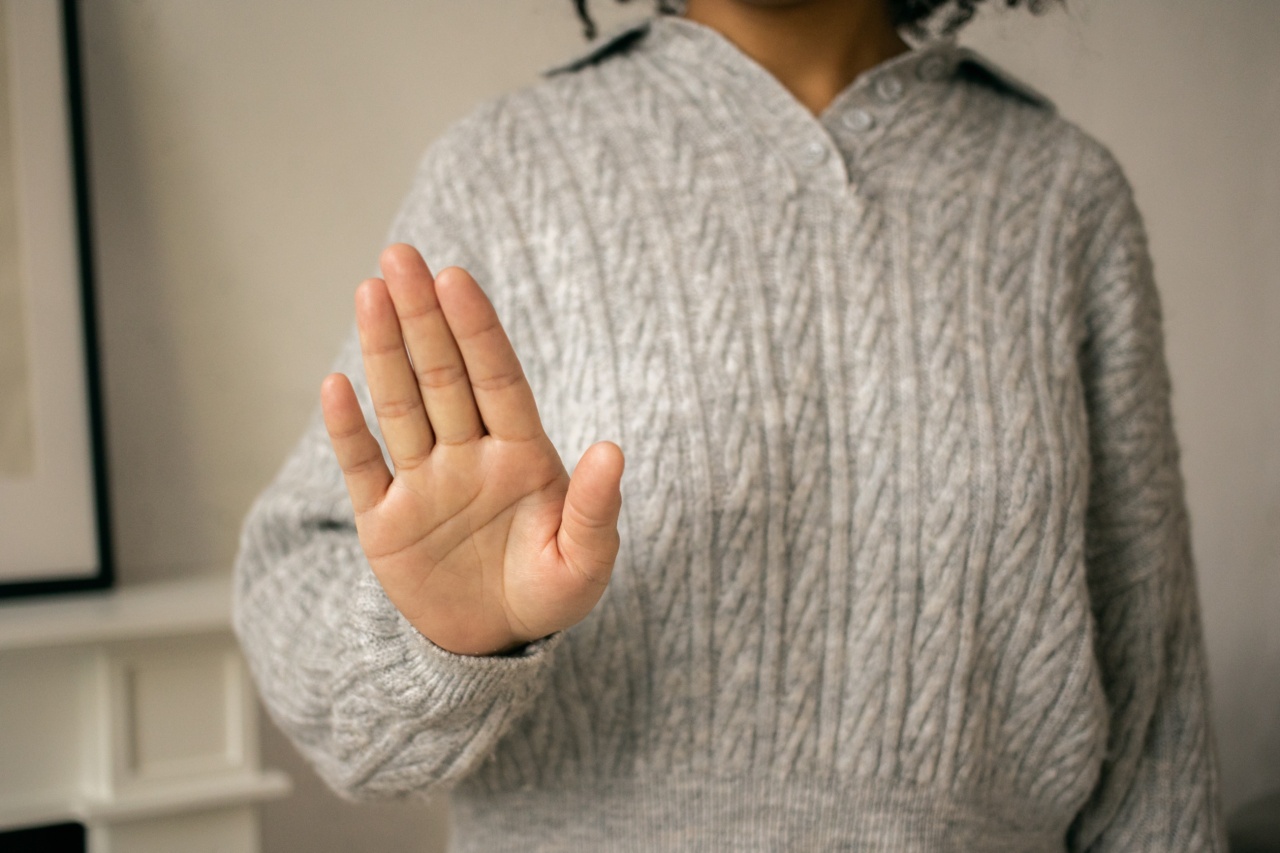With the increasing number of cases of Middle East Respiratory Syndrome (MERS) reported globally, it is imperative to take necessary steps to stop the spread of this deadly virus.
MERS is caused by a coronavirus called MERS-CoV, which was first identified in Saudi Arabia in 2012. Since then, it has spread to several countries, causing severe respiratory illness and even death in some cases.
Understanding MERS
MERS is primarily transmitted through close contact with infected individuals. This can occur through respiratory droplets when an infected person coughs or sneezes.
It can also spread by touching surfaces contaminated with the virus and then touching the face, mouth, or eyes.
It is essential to educate yourself about the symptoms of MERS, which usually include fever, cough, shortness of breath, and in severe cases, pneumonia. Identifying and understanding the symptoms is crucial in prompt diagnosis and treatment.
Simple Prevention Techniques
1. Frequent Handwashing:.
One of the most effective ways to prevent the spread of MERS is to wash your hands regularly. Use soap and water, and scrub your hands for at least 20 seconds. If soap and water are not available, use hand sanitizers with at least 60% alcohol content.
2. Cover Your Mouth and Nose:.
Always cover your mouth and nose with a tissue or your elbow when coughing or sneezing. This helps contain respiratory droplets and prevents them from spreading in the air or on surfaces.
3. Avoid Close Contact:.
Avoid close contact with individuals who are sick or exhibiting MERS symptoms. If you are experiencing symptoms, it is important to stay home and seek medical attention as soon as possible.
4. Wear a Mask in Public:.
Wearing a mask can provide an additional layer of protection against MERS. It reduces the risk of respiratory droplets being released into the air and helps prevent the inhalation of contaminated particles.
5. Practice Respiratory Hygiene:.
When you have respiratory symptoms, make sure to practice good respiratory hygiene. This includes using tissues when coughing or sneezing, disposing of them properly, and washing your hands immediately after.
6. Clean and Disinfect frequently-touched surfaces:.
Regularly clean and disinfect frequently-touched surfaces such as doorknobs, light switches, remote controls, and smartphones. Use EPA-approved disinfectants to effectively kill any potential viruses on these surfaces.
7. Avoid Contact with Camels:.
MERS is believed to have originated from dromedary camels. Avoid close contact with camels, their raw meat, or consuming unpasteurized camel products. This is especially important when traveling to regions where MERS has been reported.
8. Stay Informed:.
Stay updated with the latest information on MERS from trustworthy sources like the World Health Organization (WHO) and the Centers for Disease Control and Prevention (CDC).
This will help you stay informed about the current situation and take necessary precautions.
9. Travel Precautions:.
If you are planning to travel to areas where MERS has been reported, take necessary precautions. Avoid contact with individuals showing respiratory symptoms, practice good hygiene, and follow any guidelines or advisories provided by health authorities.
10. Support Vaccination Research:.
Support ongoing research and development efforts for MERS vaccines. Vaccines play a vital role in preventing the transmission and spread of infectious diseases.
Conclusion
Preventing the spread of MERS requires a collective effort from individuals, communities, and governments.
By practicing simple prevention techniques such as frequent handwashing, wearing masks in public, and staying informed about the virus, we can significantly reduce the risk of transmission. Additionally, supporting research for MERS vaccines is crucial in developing effective preventive measures. Together, we can stop the spread of MERS and protect our communities from this deadly virus.































